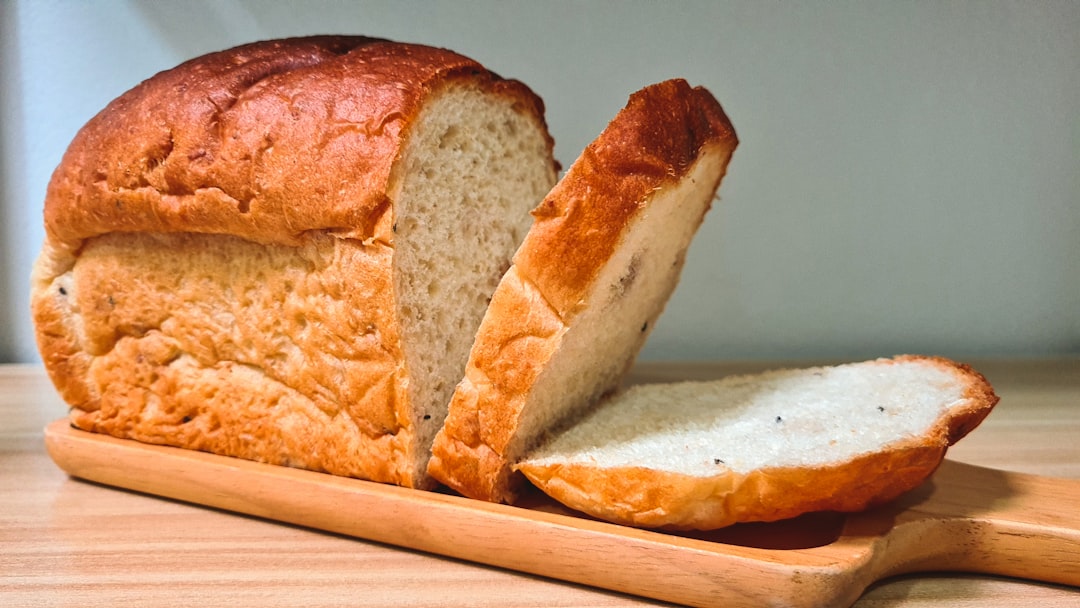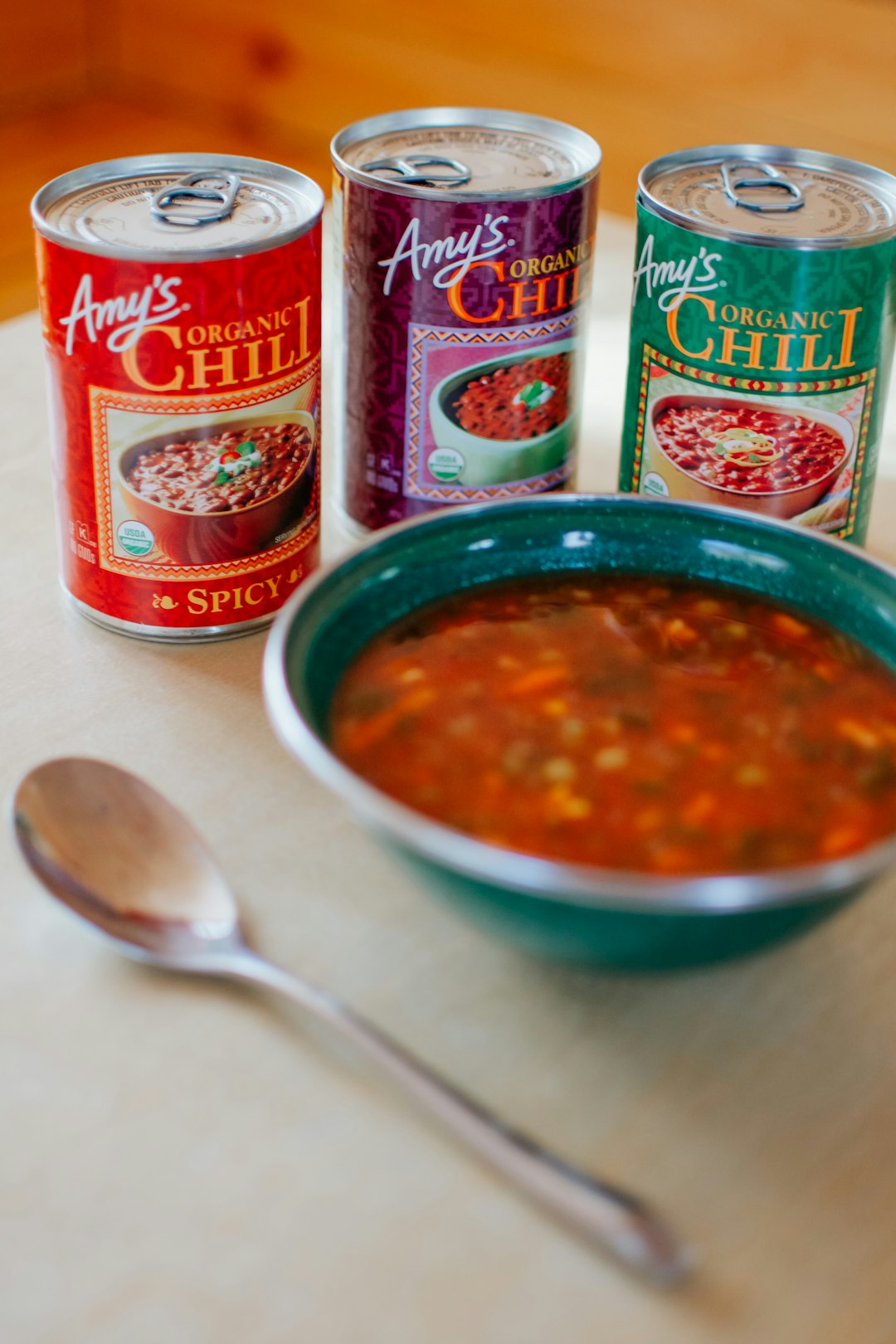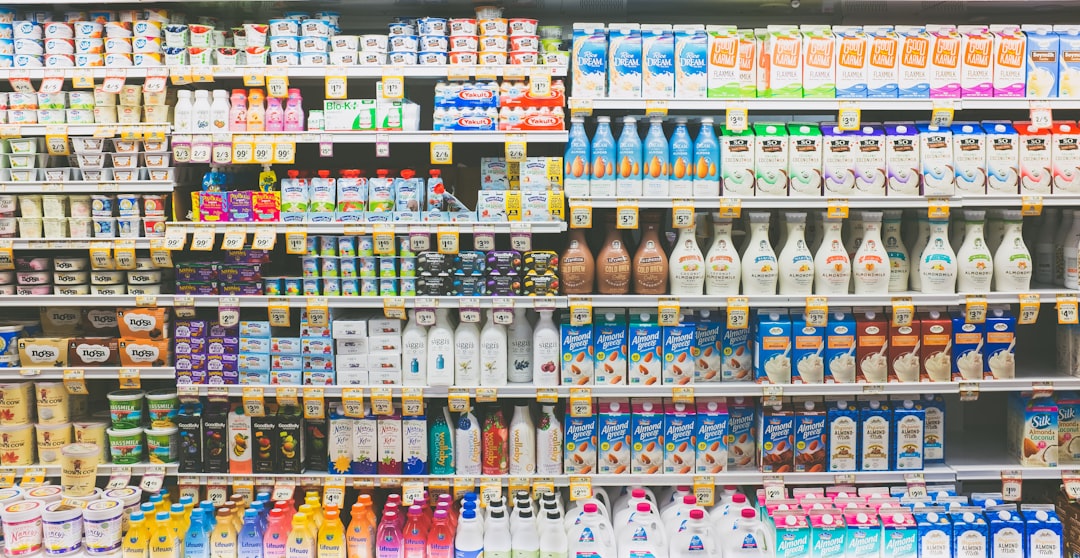Managing liver health is crucial for individuals with liver disease, as the liver plays a vital role in filtering toxins, producing bile for digestion, and regulating metabolism. Dietary choices significantly impact liver function and overall health, making it essential to be mindful of what you eat. Certain foods can exacerbate liver issues, leading to further complications and worsening health.
By understanding which foods to avoid, individuals can take proactive steps to support their liver health and improve their quality of life. This guide outlines ten foods to steer clear of for optimal liver health, along with practical tips for making healthier choices.


High-Sugar Foods: Foods high in added sugars, such as candies, pastries, and sugary drinks, can lead to fat accumulation in the liver, contributing to non-alcoholic fatty liver disease (NAFLD). Reducing sugar intake can help improve liver function and overall health.


Processed Meats: Processed meats like bacon, sausage, and deli meats contain preservatives and unhealthy fats that can harm the liver. Choosing lean, unprocessed protein sources like chicken, turkey, or plant-based proteins is a better option.


High-Sodium Foods: Excess sodium can lead to fluid retention and increased blood pressure, putting additional strain on the liver. Avoid processed foods, canned soups, and salty snacks, and opt for fresh ingredients and herbs for flavor.

Trans Fats: Found in many fried and processed foods, trans fats can increase inflammation and fat accumulation in the liver. Check food labels and avoid products that contain partially hydrogenated oils.

Full-Fat Dairy Products: High-fat dairy can contribute to fat buildup in the liver. Opt for low-fat or non-dairy alternatives instead, such as almond milk or low-fat yogurt.

Certain Fish: Some fish may contain high levels of mercury or other toxins that can be harmful to liver health. Avoid fish like shark, swordfish, and king mackerel, and choose safer options like salmon or sardines in moderation.

Sugary Beverages: Sodas and sweetened drinks can lead to weight gain and fat accumulation in the liver. Opt for water, herbal teas, or infused water with fruits for hydration without added sugars.
Conclusion:
Making informed dietary choices is essential for managing liver health. By avoiding these ten foods, individuals with liver disease can support their liver function and overall well-being. It's important to focus on a balanced diet rich in fruits, vegetables, whole grains, and lean proteins while staying hydrated.
Additional Tips:
- Consult a Healthcare Provider: Always consult with a healthcare provider or dietitian for personalized dietary recommendations tailored to your specific health needs.
- Regular Monitoring: Keep track of your liver function through regular check-ups and lab tests to assess the effectiveness of dietary changes and overall health.
By being proactive about your diet and lifestyle, you can take significant steps toward improving your liver health and enhancing your quality of life.
